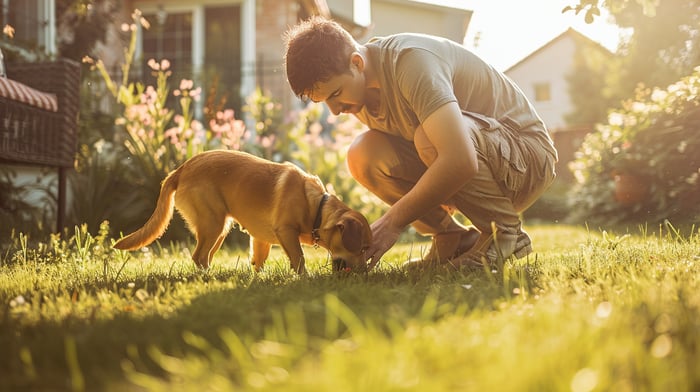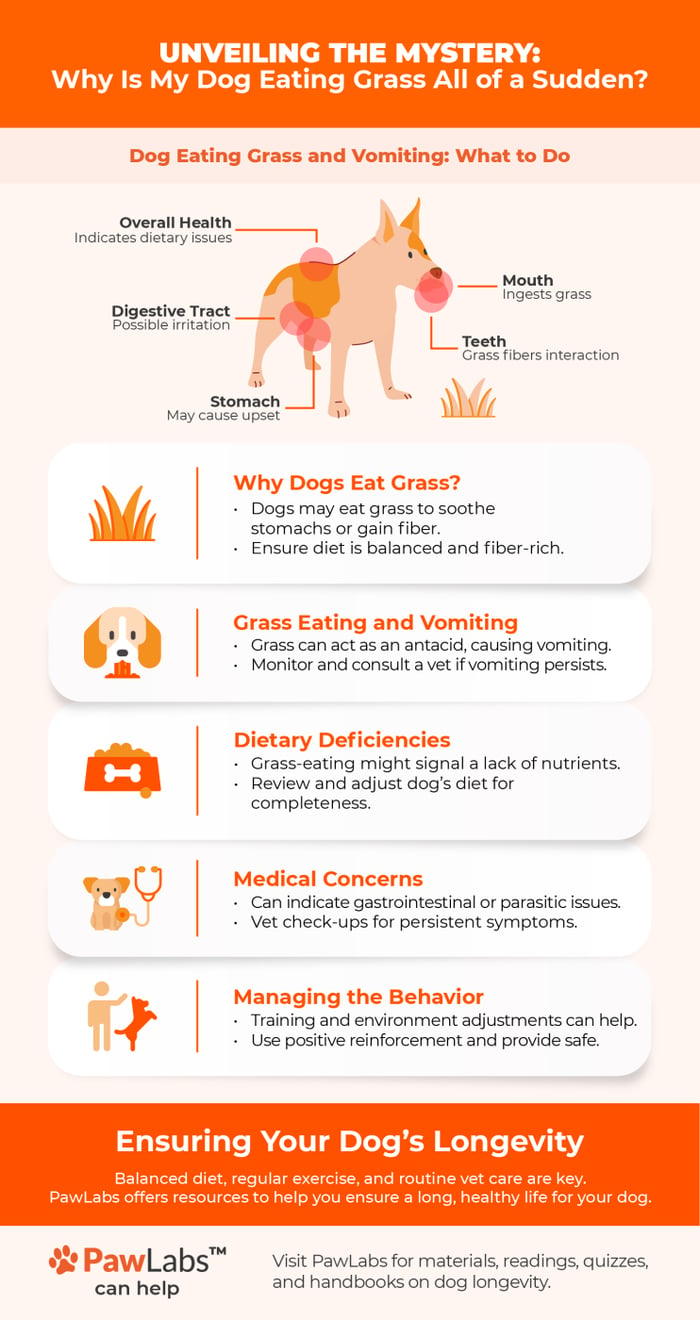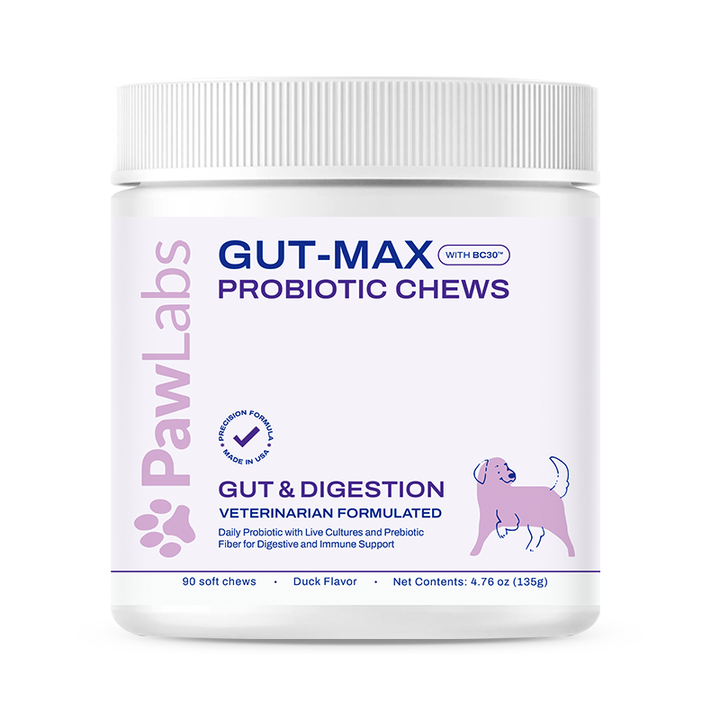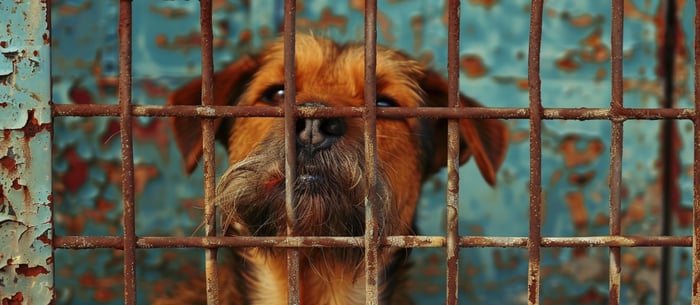Unveiling the Mystery: Why Is My Dog Eating Grass All of a Sudden?
Dog Eating Grass and Vomiting: What to Do

Dog Eating Grass and Vomiting: What to Do
Dogs often exhibit behavior that leaves their owners puzzled. One such behavior is eating grass. While it may seem odd or concerning, understanding why your dog is munching on the lawn can help you address any potential issues. Knowing the reasons behind this behavior can help you take appropriate actions, such as adjusting your dog's diet, providing more exercise, or seeking veterinary advice. Ensuring your dog's overall well-being involves observing their habits and making necessary changes to keep them healthy and happy.

What Does It Mean When a Dog Eats Grass All of a Sudden?
When a dog suddenly starts eating grass, it can be surprising. This behavior could be due to several reasons. One common theory is that dogs eat grass to alleviate gastrointestinal discomfort. According to the American Kennel Club, some dogs might eat grass to induce vomiting and soothe an upset stomach (American Kennel Club). Another possibility is that they are seeking additional fiber, which aids in digestion and bowel movements (Pawlicy Advisor).
Another consideration is changes in your dog's environment or routine. Stress or anxiety caused by new situations can also trigger unusual behaviors like eating grass. Identifying and addressing the root cause of these stressors can help mitigate the behavior.
Why Do Dogs Eat Grass and Then Vomit?
Seeing your dog eat grass and then vomit can be alarming. This behavior might indicate that your dog is trying to purge something unpleasant from their system. Dr. Karen Shaw Becker explains that grass acts as a natural antacid, helping to balance the stomach's pH levels and reduce inflammation (American Kennel Club). However, not all dogs vomit after eating grass, suggesting other motivations, such as boredom or dietary deficiencies.
It's essential to monitor your dog's behavior after they eat grass. If they seem distressed or continue to vomit, it might be time to consult a veterinarian. Persistent vomiting can indicate more severe health issues that require professional attention.
Could Dietary Deficiencies Explain Why My Dog Is Eating Grass?

Dietary deficiencies are a possible explanation for grass-eating. If your dog’s diet lacks essential nutrients, they might seek out grass to compensate. Dogs may eat grass to gain fiber or other missing elements from their diet (American Kennel Club) (Pawlicy Advisor). Consulting with a veterinarian about a balanced diet or switching to high-fiber food can help address this issue.
Ensuring your dog receives a well-rounded diet is crucial for their overall health. Regularly reviewing and adjusting their food based on their age, breed, and health condition can prevent deficiencies and related behaviors like grass-eating.
Are There Medical Reasons for Dog Eating Grass and Vomiting?
Medical conditions can also lead to grass-eating and vomiting. If your dog frequently exhibits this behavior, it could indicate underlying health issues, such as gastrointestinal problems or parasites. Dr. Ricky Walther, a veterinarian, advises monitoring your dog for other symptoms and consulting a vet if the behavior persists (Pawlicy Advisor).
Regular veterinary check-ups are vital to catch any potential health problems early. If grass-eating is accompanied by other symptoms such as diarrhea, lethargy, or loss of appetite, a visit to the vet is warranted to ensure your dog's health is not compromised.
How Can I Determine If My Dog’s Grass-Eating Is a Problem?
To determine if grass-eating is problematic, observe your dog’s overall behavior and health. Occasional grass-eating might not be a concern, but frequent vomiting or changes in appetite could signal health issues. If your dog is otherwise healthy and happy, occasional grass consumption is usually harmless. However, if you notice other symptoms, seek veterinary advice (American Kennel Club) (Pawlicy Advisor).
Keeping a log of your dog's grass-eating habits, including frequency and any accompanying symptoms, can be helpful when consulting with your veterinarian. Detailed information can aid in diagnosing any underlying issues and determining the best course of action.
What Are the Common Theories About Why Dogs Eat Grass?
Several theories attempt to explain why dogs eat grass. Some experts believe it’s an instinctual behavior inherited from wild ancestors who consumed plant material while hunting. Others suggest that dogs eat grass out of boredom or simply because they enjoy the taste and texture (American Kennel Club) (Pawlicy Advisor).
Exploring these theories can give you a better understanding of your dog's behavior. Recognizing that grass-eating is often a normal part of their instinct can help you manage it more effectively without unnecessary worry.
How to Get My Dog to Stop Eating Grass Safely?
To discourage grass-eating, ensure your dog has a balanced diet and plenty of mental and physical stimulation. Engage them in activities like playing fetch or using puzzle toys. If dietary deficiencies are suspected, consider switching to a high-fiber dog food. You can also train your dog to ignore grass by using positive reinforcement techniques (Pawlicy Advisor).
Additionally, create a safe outdoor environment for your dog. Ensure your lawn is free of harmful chemicals and toxic plants. Providing safe alternatives like chew toys or a designated area with dog-safe grass can help redirect their behavior.
Should I Be Concerned About My Dog Eating Grass All of a Sudden?

While grass-eating isn’t always a cause for concern, sudden and frequent behavior changes warrant attention. Ensure your dog’s environment is safe and free from harmful chemicals. If your dog’s grass-eating is accompanied by other symptoms like lethargy, weight loss, or frequent vomiting, consult a veterinarian to rule out any medical issues (American Kennel Club) (Pawlicy Advisor).
Being proactive about your dog's health can prevent minor issues from becoming major problems. Regular monitoring and early intervention are key to ensuring your dog's long-term well-being.
The Importance of Dog Longevity
Ensuring your dog leads a long, healthy life involves understanding and addressing behaviors like grass-eating. Proper nutrition, regular veterinary check-ups, and an enriching environment contribute to your dog’s well-being. Proactively managing their health can prevent issues and promote longevity.
Gut-Max Probiotic Chews

Gut-Max Probiotic Chews

$59.95
$69.95
Veterinarian Precision Formula: 120 Million CFUs of Bacillus Coagulans FOS (Fructooligosaccharides) Fiber Probiotic & Prebiotic Microbes Vitamins and Enzymes 120 Million CFUs of Bacillus Coagulans Fructooligosaccharides (FOS) Fiber Natural Probiotic and Prebiotic Microbes Vitamins and Enzymes … read more
 SUCCESS!
SUCCESS!





